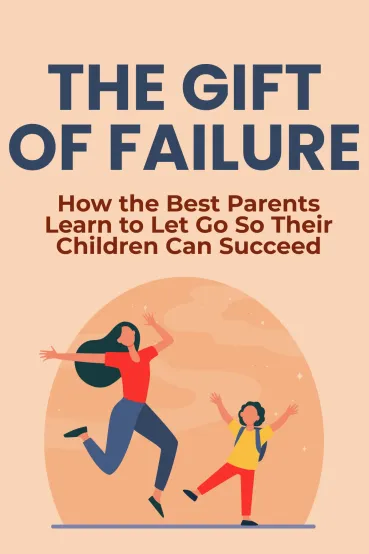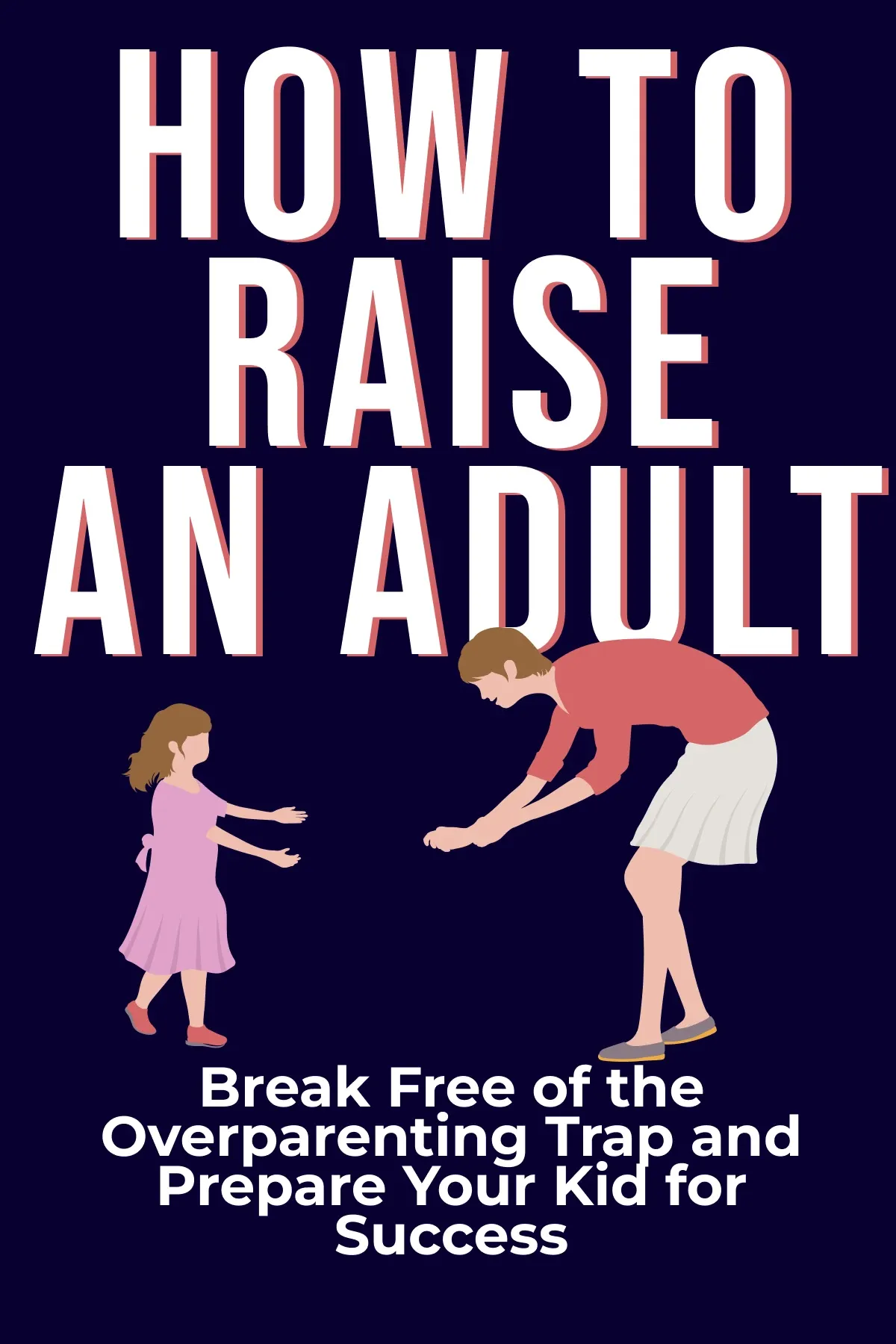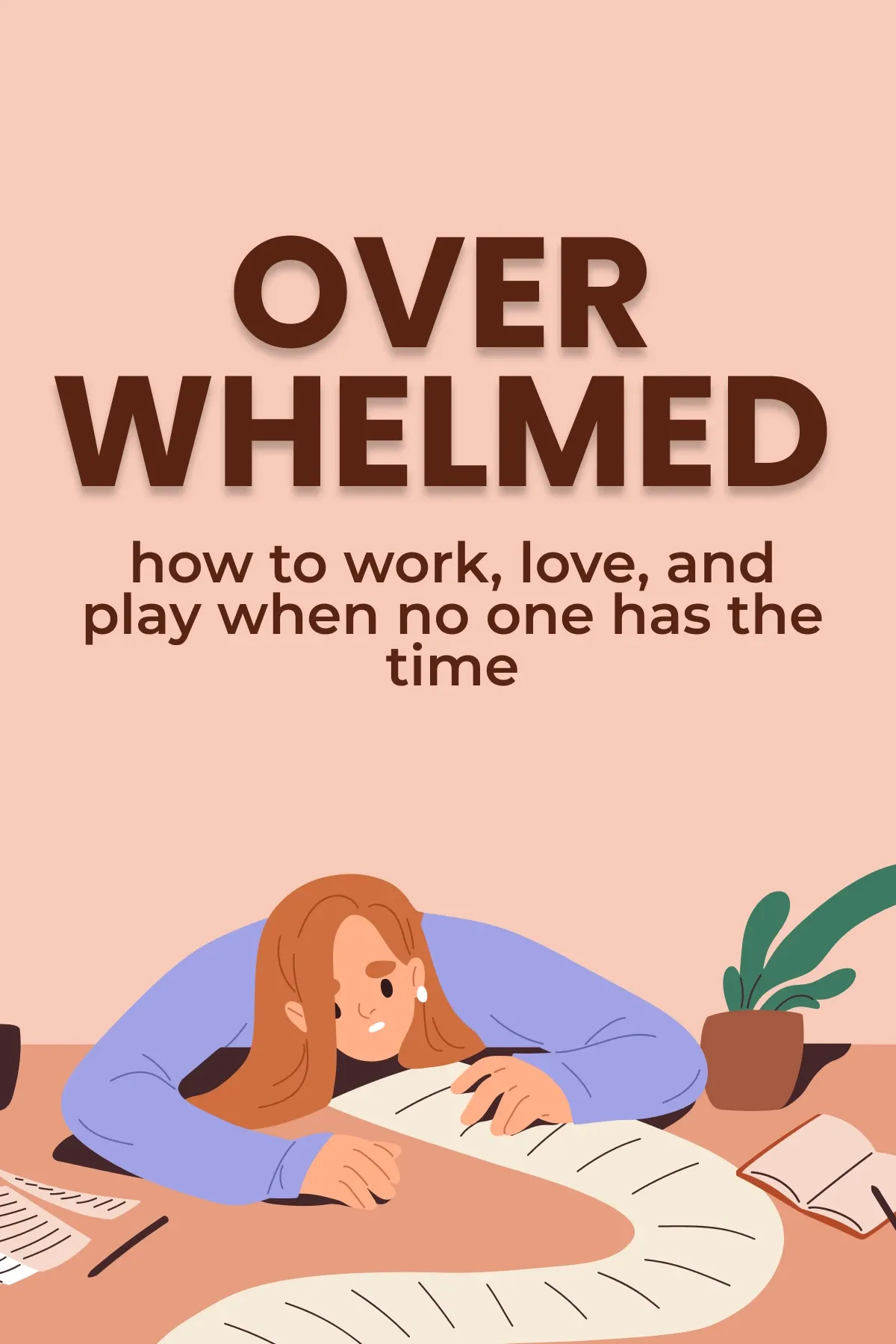
The Gift of Failure
Brief Summary
“The Gift of Failure” (2015) promotes a well-rounded approach to parenting to create a nurturing environment for kids. It suggests shifting focus from grades to intrinsic motivation, cultivating problem-solving skills, and a growth mindset. The book encourages supportive parenting and educational independence to help you raise well-rounded individuals.
Key points
Key idea 1 of 7
Parenting has drastically transformed over the centuries. Today, we often see hyper-involved parents who actively intervene in their child's school and social life. They solve disputes with their teachers and manage their friendships. This contrasts sharply with the parenting practices of the past.
For instance, in the 17th century, parents in New England expected children to work at home or on the farm. Due to the challenges of poor health and poverty, education was secondary to labor and survival. By the 1800s in America, children aged 10 to 15 worked in factories. People saw them as a source of cheap labor — not as beings requiring nurture and development. The situation shifted in the early 1900s. Regulations against child labor changed children’s roles. They went from contributors to dependents in the family. Also, divorce rates grew, and people had fewer children later in life. People viewed children as individuals who needed their care.
The psychological understanding of children's needs also started to evolve. Nathaniel Branden published *The Psychology of Self-Esteem* in 1969. It emphasized the importance of self-esteem in child behavior. Psychologist Jean Twenge suggests a significant impact of the self-esteem movement. This movement bolstered American culture's focus on self-worth. However, it also inadvertently encouraged narcissism.
English philosopher John Locke advocated for allowing children to learn from their mistakes. He warned that overprotection would weaken their minds and resilience. His advice rings true today as we reconsider modern parenting tactics. Doing tasks for a child all the time, like tying their shoes, can stop them from learning to handle problems independently. This shows that help, even though it's meant well, can sometimes hold back personal development by reducing chances of becoming self-sufficient.
Failure is an inherent part of the learning process. It's vital to help children grow and become resilient. Building strong relationships between home and school is also essential for good education. Children should learn to value overcoming small challenges, as this builds character. Otherwise, we will end up with a generation of young adults ill-equipped to handle adversity. Educators must reclaim their role in allowing children the necessary space to fail, thereby fostering resilience and growth.
FAQ
You may also like these summaries











